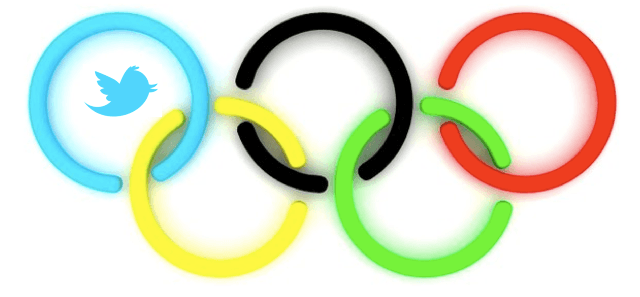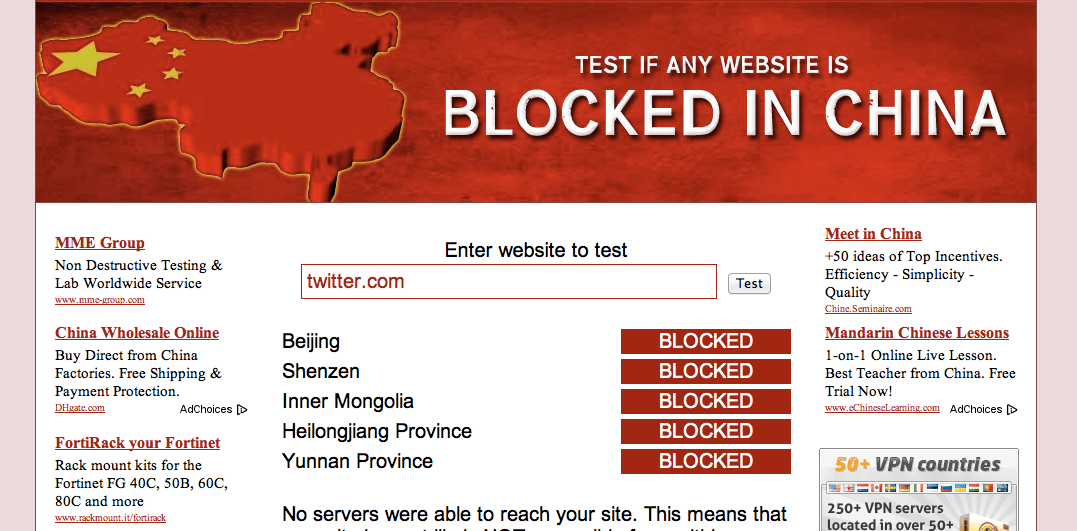Aside from the grand opening and closing shows, the resounding success of the whole event and overall excitement, the 2012 London Olympics were marked by three stand-out phenomena that all speak to an opening up of the world.
- Most notably, it was the first time that women from each country competed. Even if, for some, the participation was largely symbolic, this gives us hope for the future in countries where women continue not to be given equal human rights.
- We saw the participation of the blade runner, Oscar Pistorius, the first para-Olympian, not only to compete in, but to reach a bona fide finals of the able-bodied Olympics.
- It was the first Summer Olympics where the full force of social media was at work. With its unfettered openness, social media brings with it the voice of the people and opportunities for change.
Digital rich media viewing experience
For many of us, it was a very digital experience all around. For example, I would watch the TV screen and simultaneously the Twitter feed in Tweetdeck. It was hard not to resist thinking about what everyone else was thinking and/or wanting to share one’s own enthusiasm. Otherwise, I might scan my Facebook wall, or read the round-up on Flipboard (Special Olympics) and the BBC.co.uk the following morning. It was one giant “social” leap forward from 2010, much less from 2008. According to Jason Damata at Trendrr (reported on CNN), there were 307,000 mentions of the word “Olympics” on the opening day of the 2010 Vancouver Winter Olympics, which jumped tenfold during the opening day in London 2012.
On the social media front, we saw that Usaian Bolt was not only the fastest man on the track, but also was able to stimulate the fastest number of tweets per minute (80,000 TPM) during the 200M finals. There were in fact more tweets in a single day during the XXX Games than in the entire 2008 Olympics in Beijing.
XXX Social, if not sexy
I do believe it is fair to call the XXX Games the first Social [Media] Olympics. In recognition of a certain coming of age, Twitter took a central stage within all major media. Most emblematic of Twitter’s reach might have been the #NBCFail theme. Locking up the way Twitter was used by its customers, Twitter prohibited non-Olympic sponsors from buying promoted tweets on Games-related topics. In what many considered a rather draconian — even rearguard — action, the IOC gave and enforced strict guidelines to athletes, It also introduced “Rule 40” that forbade the mention of non-Olympic sponsors by athletes in their tweets. Perhaps irrationally, this kind of imposition pained me when I read about the personal bankruptcies of certain athletes’ families (e.g. Gabby Douglas and Ryan Lochte). As written by Biljana Dimovska on the Social Media Sun, “[t]he loose rules of social media will for the first time be tightened into a noose.”
Social media was the news
Social media was the news
in many cases, including the unfortunate suspension of a British journalist’s (Guy Adams) Twitter account. Several athletes were sanctioned for their mis-tweets. There was the rant about Gabby’s hair. There were some rude comments made in Tunisia about the Tunisian women’s participation. The torching of ABC’s Ben Knight by impassioned Chinese (Twitter-like) Weibo users over the doping accusations against Ye Shiwen, the 16-year old swimming sensation (read more here on ABC).
With China coming in second (88 medals) behind the US (104) in the medal haul, it was interesting to read about the rampant use of Sina’s Weibo, which has 350 million registered users (compared to 500 million for Twitter). According to AdAge, there were a total of 100 million tweets logged on the 2012 opening day, whereas there were 119 million Weibo tweets the same day, causing AdAge to talk about 2012 as the Weibo Olympics. As reported on TNW, there were a total of 393 million Weibo tweets throughout the Games versus “just” 150 million for Twitter. A decisive margin, to say the least.
What if…?
With social media, given its scale and worldwide dimension, one can no longer be surprised to see the good, the bad and the very ugly. All the same, social media gives the people an opportunity to express themselves in ways that never existed before. For the centralized and regulated — if not closed — societies, social media can hardly be considered favorably by the powers that be. With the next Winter Games (2014) in Sochi, Russia, social media is likely to play a far more complex role as opposed to the open England, where Twitter and Facebook are as global as the Olympics. In Russia, the major social media player (vKontakte) and search engine (Yandex) are home grown. I am going to guess that 2014 could see a rather interesting battleground between Facebook, Twitter and vKontakte (which presently boasts that it has the largest most active European online social network [100 million]). How will the IOC, Russian government and social media parties manage the communications tango?
What if… it were the Beijing XXXI Olympics?
The last — and speculative — thought I leave you with is what if Beijing had been host in 2012, not in 2008? Or, what if China had been awarded the 2016 Olympics instead of Brazil? How would the Chinese government, which so closely controls all the internet activity, have managed? In 2008, Facebook was officially two years old, Twitter was even younger. Today, Facebook, Twitter and most Google services are blocked in China. In spite of the blocade, according to SocialBakers, there are more than half a million Facebook users in mainland China and, surely many Tweets are being read by the Chinese via alternative channels. On the one hand, there is an economic opportunity for the non-Chinese companies (albeit mostly American). On the other hand, there is a sizeable political battle at stake. Would the Chinese be able to accommodate the “open” life on social media?
Digital Marketing Opportunities
With the real-time elements of Twitter (and Weibo), brand marketers and TV networks alike have an easier ally in micro-blogging marketing at sports events. I will be curious to see how sports teams and events around the world take advantage of the Olympian momentum, to use social media in more original ways and, therefore, inspire brand marketers. As if there were not enough opportunities available today, digital marketers will likely have a whole host of new options to add to their basket. Brands that are naturally disposed to do event marketing and sport sponsorships will certainly need to master the social media mania.
I, for one, remain enthusiastic about the opportunities for innovation, and I look forward to seeing how sports and social media can combine to improve world order. [Please tweet this!] To the extent sport can serve a greater purpose, that social media is open and the majority of people on social media are women, there is lots of hope. Even Augusta has taken down its “Berlin of Wall of Discrimination.” And, for the record, I think the fact that the XXXI Olympics will be held in Rio is absolutely brilliant. Hopefully, Americans and Brazilian authorities will be able to iron their differences to allow easier visa entries (which is thankfully on the political docket).













Pretty Good piece Mdial!
My recent post How to Make Your Klout Score Immune From Updates
Thanks for coming by Adam. Always open for discussion!
My recent post The Olympics XXX – social if not sexy